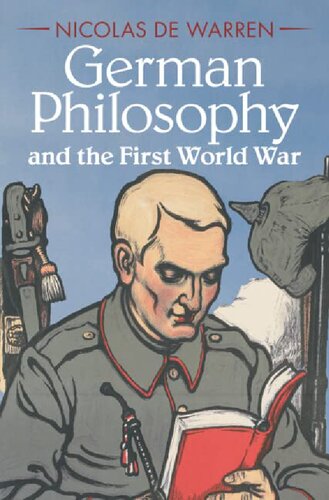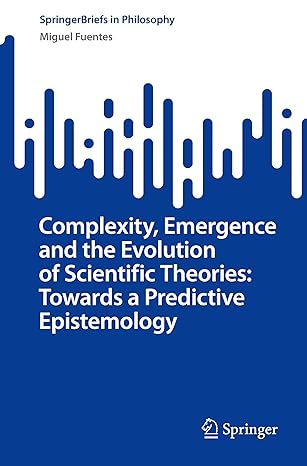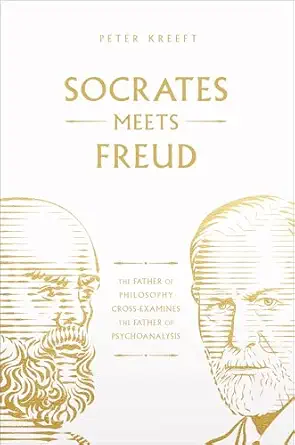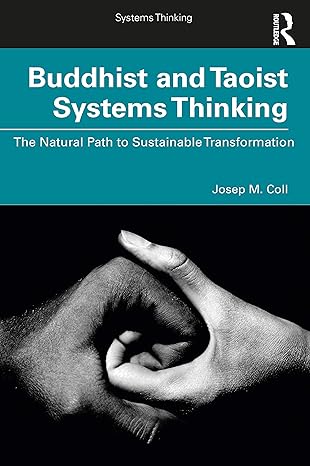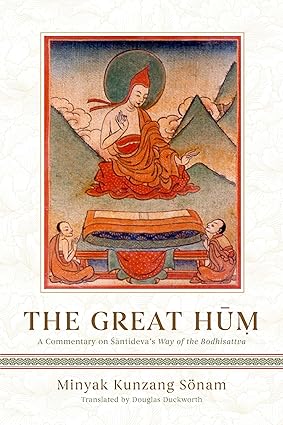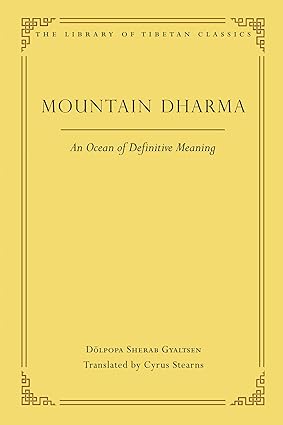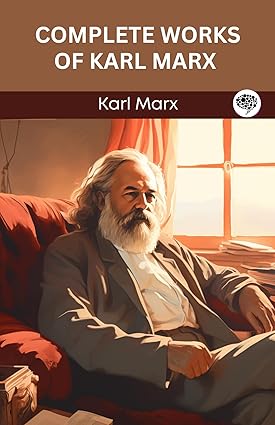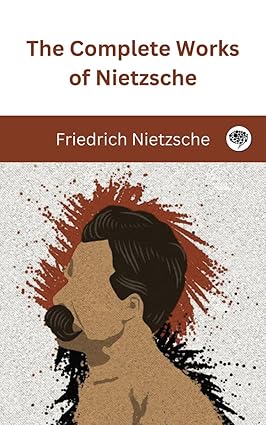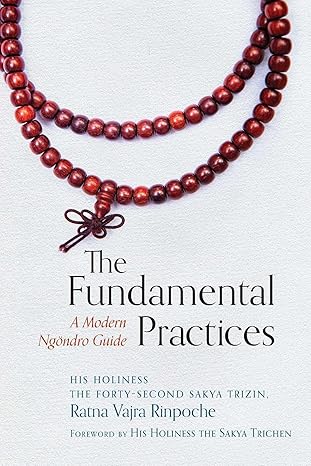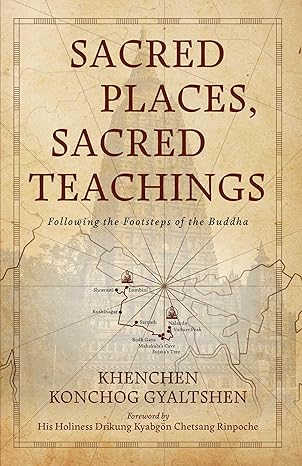How did the First World War, the so-called 'Great War' - widely seen on all sides as 'the war to end all wars' - impact the development of German philosophy? Combining history and biography with astute philosophical and textual analysis, Nicolas de Warren addresses here the intellectual trajectories of ten significant wartime philosophers: Ernst Bloch, Martin Buber, Ernst Cassirer, Hermann Cohen, György Lukács, Martin Heidegger, Edmund Husserl, Franz Rosenzweig, Max Scheler and Georg Simmel. In exploring their individual works written during and after the War, the author reveals how philosophical concepts and new forms of thinking were forged in response to this unprecedented catastrophe. In reassessing standardized narratives of German thought, the book deepens and enhances our understanding of the intimate and complex relationship between philosophy and violence by demonstrating how the 1914-18 conflict was a crucible for ways of thinking that still define us today.
چکیده فارسی
جنگ جهانی اول، به اصطلاح "جنگ بزرگ" - که به طور گسترده در همه طرف ها به عنوان "جنگ برای پایان دادن به همه جنگ ها" دیده می شود - چگونه بر توسعه فلسفه آلمان تأثیر گذاشت؟ نیکلاس دی وارن با ترکیب تاریخ و زندگی نامه با تحلیل زیرکانه فلسفی و متنی، در اینجا به سیر فکری ده فیلسوف مهم دوران جنگ می پردازد: ارنست بلوخ، مارتین بوبر، ارنست کاسیرر، هرمان کوهن، گیورگی لوکاچ، مارتین هایدگر، ادموند فرانتس هوسنل شلر و گئورگ زیمل نویسنده در بررسی آثار فردی خود که در طول جنگ و پس از آن نوشته شده است، نشان می دهد که چگونه مفاهیم فلسفی و اشکال جدید تفکر در پاسخ به این فاجعه بی سابقه شکل گرفته است. در ارزیابی مجدد روایت های استاندارد شده از تفکر آلمانی، این کتاب درک ما را از رابطه صمیمی و پیچیده بین فلسفه و خشونت با نشان دادن اینکه چگونه درگیری 1914-1918 بوته ای برای روش های تفکری بود که امروزه ما را تعریف می کند، عمیق تر و تقویت می کند.
ادامه ...
بستن ...
| Publisher: |
Cambridge University Press |
City: |
Cambridge |
| Year: |
2023 |
Edition: |
|
| Language: |
English |
Pages (biblio\tech): |
434\435 |
| ISBN: |
1108423493, 9781108423496 |
ادامه ...
بستن ...
